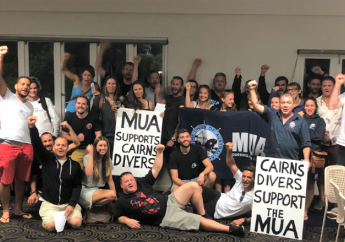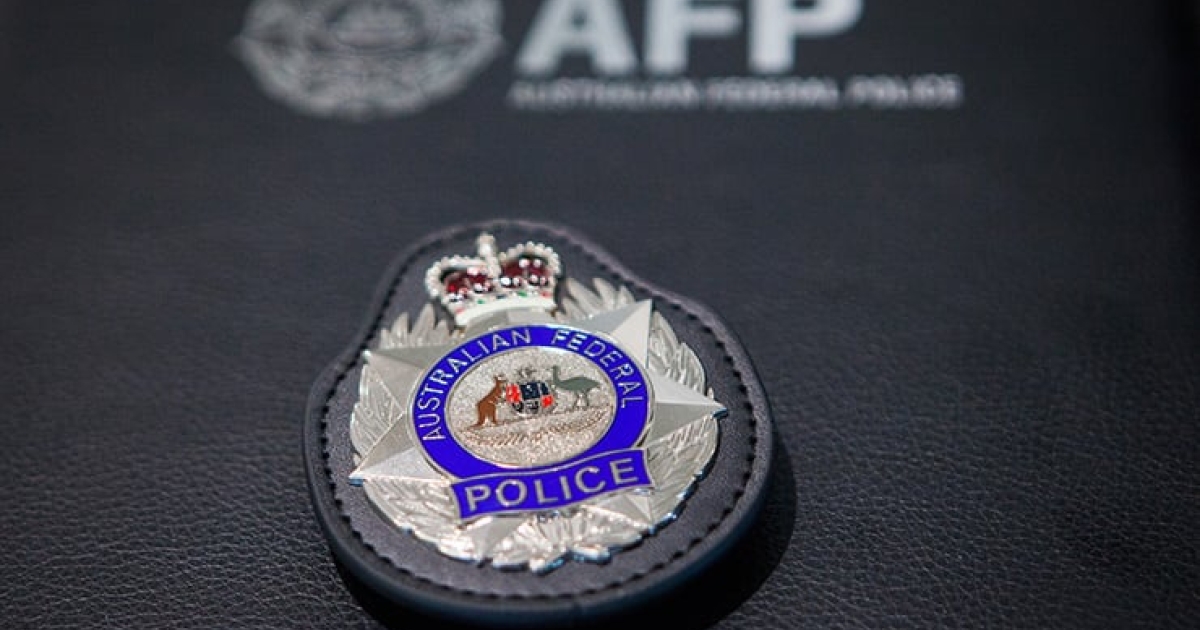
The Maritime Union of Australia Division of the CFMMEU (MUA) and The Australian Maritime Officers Union (AMOU) are making waves in the Cairns diving industry after the Fair Work Commission ruled, “on the balance of probabilities employees are regularly working hours in excess of the maximum daily hours under the Diving Industry Award,” in a case against a local dive company.
The MUA and the AMOU successfully challenged the hours of work versus the hours employees were getting paid. Deputy President Asbury said in her decision, “The Unions have put cogent evidence before me which establishes that on the balance of probabilities employees are regularly working hours in excess of the maximum daily hours under the Diving Industry Award.”
The problem is rife throughout the Diving and Marine Tourism industries with employers paying a day rate and expecting their employees to work through their breaks, extending their working hours to 16 hours in some cases.
The Deputy President’s decision went on to state, “Employees who are directed to take their meals in the dining saloon with passengers and to remain there for a specified period are working,” setting a new precedent that will help divers across the industry. “Prodive can direct employees to take meal breaks and rest breaks and not to perform work at such times, it cannot however direct passengers to cease engaging with employees during meal and rest breaks.” So now divers can retire to their cabin for breaks however if they are in the vicinity of and looking after passenger meals etc they are working.
Queensland Assistant Branch Secretary for the Maritime Union of Australia, Paul Gallagher said that “for years the Tourism Industry and specifically the Dive Industry have gotten away with paying low wages to the point we have proven that they are paying below the minimum award rates for highly qualified and competent staff. As an example, the practice of paying workers in this vital industry for 38 hours when they work 50 plus per week is over.”
“The Union has provided evidence in an arbitrated case before FWC that establishes that in the next Enterprise Agreement, hours worked in excess of the maximum daily hours in the Diving Industry Award have to be paid at such a rate as to leave employees “Better off Overall” than the Modern Award. Without passing this test, any new agreement cannot be approved. Deputy President Asbury made these findings off the back of evidence provided by the MUA and AMOU that satisfied her on the balance of probabilities that “employees are regularly working hours in excess of the maximum daily hours under the Diving Industry Award.”
“The Cairns divers originally came to the unions with their dilemma that this practice had become the norm. The companies believed that divers days was full of breaks when they were clearly working. The two unions took up the challenge of engaging in two particular local enterprise agreements which basically had to be rebuilt from inferior past agreements and work contracts.
This decision goes to show that it pays to belong to a union! We have reset the bar and will continue to push this precedent on to other non-complying companies in the marine industry in Cairns.” Mr. Gallagher said.
The AMOU and the MUA are working with dive and marine tourism companies to fix industry-wide issues such as the hours employees are expected to work and employees being on the wrong Awards. Tracey Ellis said that “unfortunately the low wages compounded by the transient nature of workers in the industry, mean that high quality workers don’t stay in jobs long enough to be able to fight for better conditions.”
Despite this exposed exploitation of workers, the Unions have expressed their concerns about the effect the novel coronavirus is having on the industry: “A lot of the business the marine tourism companies get is from overseas tour parties. Hundreds of dive trips have been cancelled since the coronavirus outbreak began. We need Australians to support our local businesses and take a reef trip over the next weeks and months to keep the industry afloat,” Tracey Ellis says.







